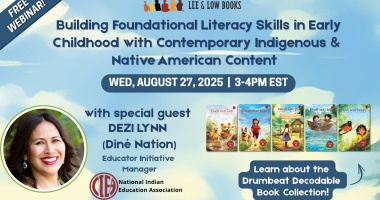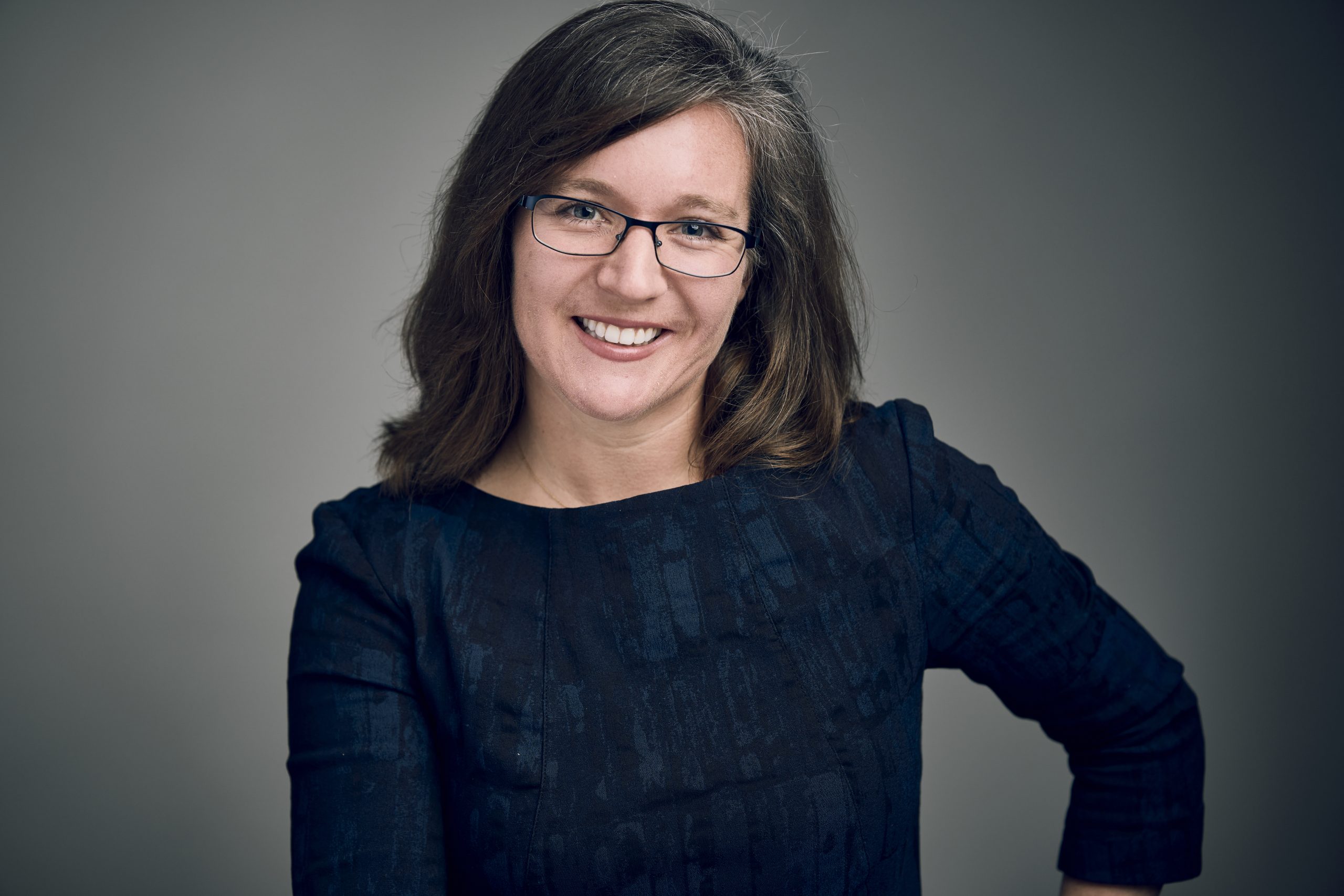Congratulations to Juan Felipe Herrera who has just been appointed the 21st Poet Laureate of the United States (or PLOTUS for those in the know) by the Library of Congress!
To introduce students to Juan Felipe Herrera and his body of work, we have put together a collection of resources and activities for an author (and poet!) study.
We’ve structured this Author Study Unit off of Reading Rockets’ Author Study Toolkit (available as a PDF and online).
1. Set a purpose and goals for the author study
Have students read these books to find out:
- who Juan Felipe Herrera is
- how he uses his background, life, and experiences as inspiration for his stories and writing
- what themes Herrera writes about in his stories and what themes these books share
- which story (or moments in a story) the students connect to the most and why
2. Choose an author
Juan Felipe Herrera is the 21st Poet Laureate of the United States and the first Latino poet.
3. Read and respond to the books
- From where do you think Juan Felipe Herrera gets his inspiration for his stories and settings? What makes you think so? How does he include his culture and heritage in his works?
- How would you describe Juan Felipe Herrera’s writing style?
- What themes or topics are most meaningful to him? Why do you think that?
- Compare two of his books. Use a Venn diagram to collect ideas on how these books are similar and unique. What is the central idea of each? Is the book written in verse or prose? Compare the topic, main figures, setting, and text structure of each.
4. Research the author
- There are a ton of news articles celebrating and reporting the announcement of Juan Felipe Herrera as Poet Laureate. Build excitement and interest for students at the beginning of the unit with a couple of the articles, such as this one from the Los Angeles Times.
- As a class, create a timeline of major events in his life and keep it posted in the classroom throughout the unit. Have students explore Herrera’s website, this curated Library of Congress collection of web resources, and bios from the Poetry Foundation, the Academy of American Poets, and the Library of Congress.
- Show students this YouTube collection of videos featuring interviews with Juan Felipe Herrera or the PBS clip of Herrera reading his poem, “Five Directions to My House.”
5. Culminating projects and reflection:
Here are just a few ideas:
- Several previous Poet Laureates created projects to share poetry with the public. Have students read about the Past Poet Laureate Projects from the Library of Congress. Knowing what they now know about Juan Felipe Herrera, have students brainstorm and discuss what project Herrera might create while Poet Laureate. What topics and themes are meaningful to Herrera? What makes you think that?
- The main figures in each of these stories draw a lot of strength from a special adult in their lives. Who in your life helps you when you are having trouble, feel scared or doubtful, or have a goal you want to achieve? What advice has this person shared with you? What actions and qualities do you admire most about this person?
- A major focus for Juan Felipe Herrera in his writing is family or community. Encourage students to write a poem or paragraph about a big or small tradition that is important in their own family or community.
- Juan Felipe Herrera has written a lot on his migrant background. Encourage students to interview their parents or guardians about their family’s migration or immigration history. When did you or your family come to this city/community? Why did you or your family come to this place (was it voluntary or forced)? From where did you or your family come? What traditions does your family have?
- What does “home” mean to you? How might this word mean more than just the place where you live? What does “family” mean to you? How might this word mean more than just your mother and father? How might these words mean something different to various people?
- Have students write a letter to Juan Felipe Herrera. In their letters, students may describe which story, poem, or moment in one of his books they connected to the most and why. Students can also include any questions they are curious about concerning Herrera’s life and work.
Picture book recommendations for the author study
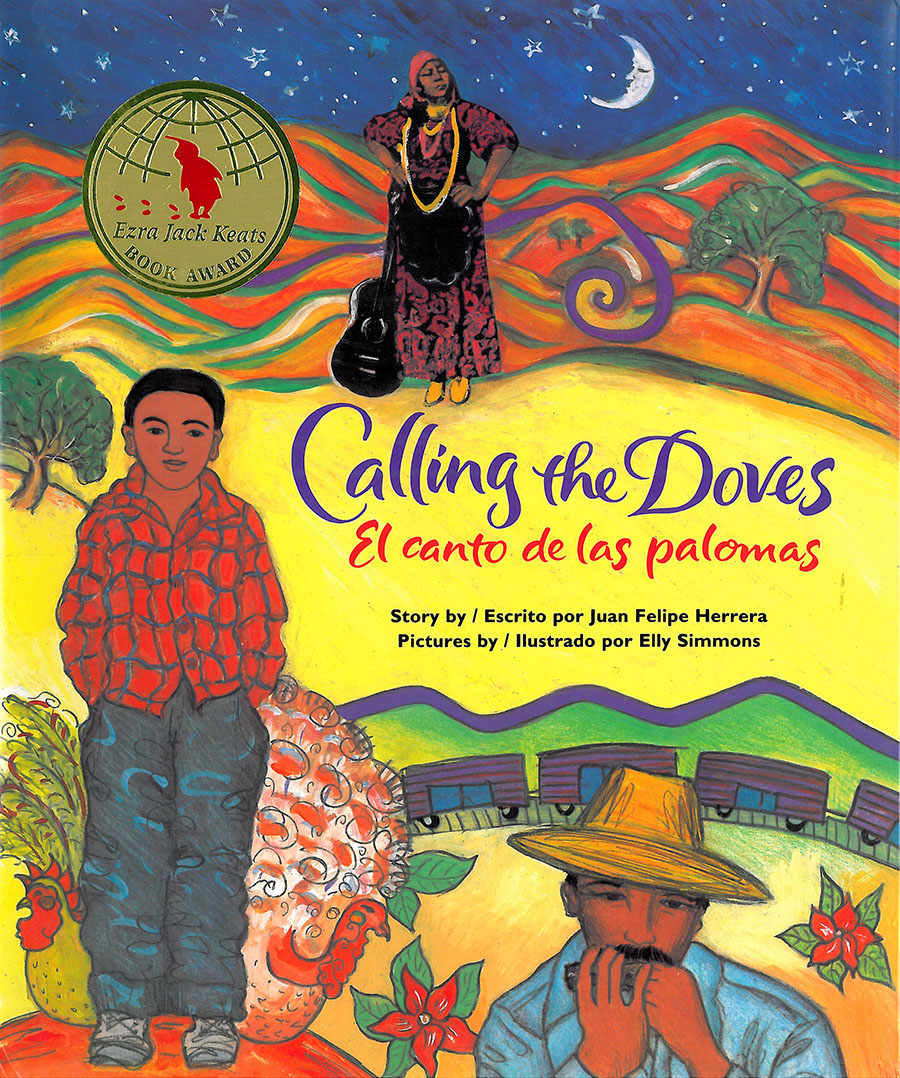
Bilingual English/Spanish. Poet Juan Felipe Herrera’s bilingual memoir paints a vivid picture of his migrant farmworker childhood and his road to becoming a writer. Calling the Doves won the 1997 Ezra Jack Keats Book Award for New Writing.
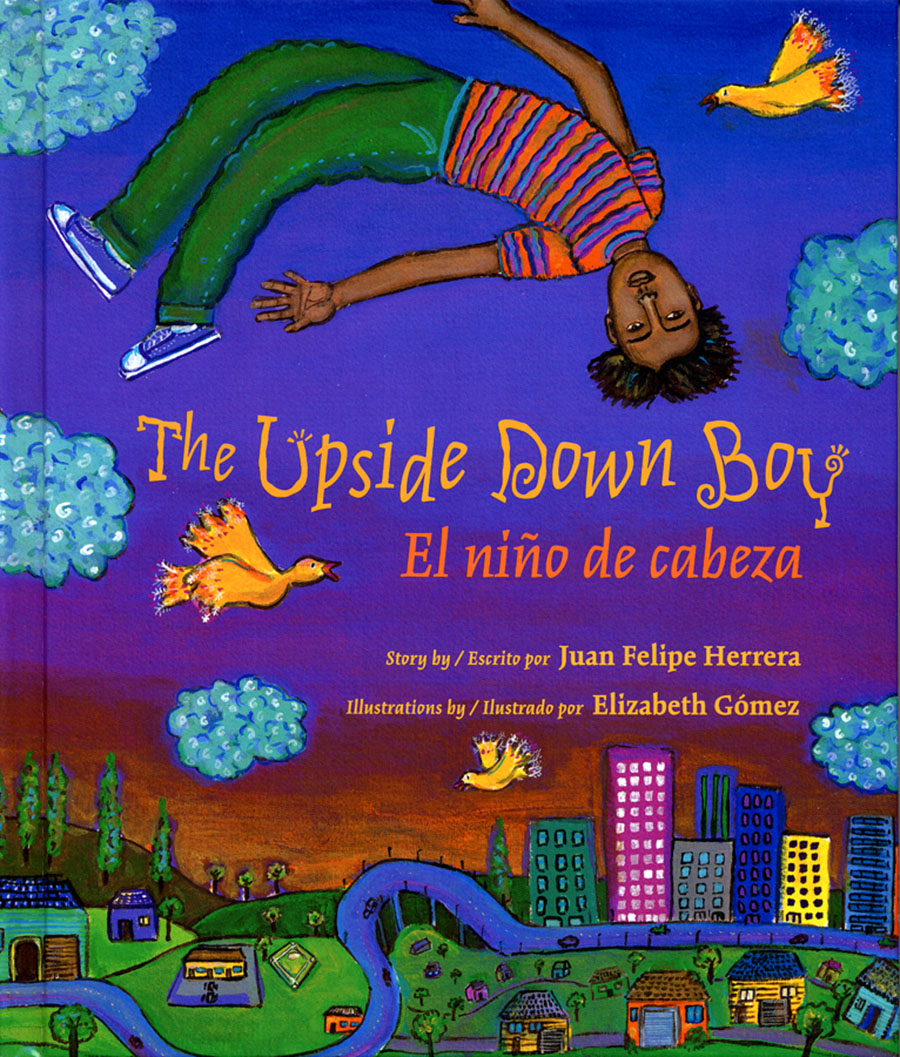
Bilingual English/Spanish. Award-winning poet Juan Felipe Herrera’s engaging memoir of the year his migrant family settled down so that he could go to school for the first time. The Upside Down Boy captures the universal experience of children entering a new school feeling like strangers in a world that seems upside down at first.
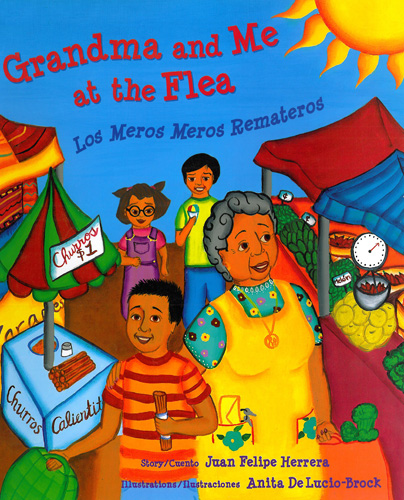
Bilingual English/Spanish. Every Sunday Juanito helps his grandmother sell old clothes beneath the rainbow-colored tents at the remate, the flea market. Juanito learns firsthand what it means to be a true rematero, a fleamarketeer, and understands that the value of community can never be measured in dollars.
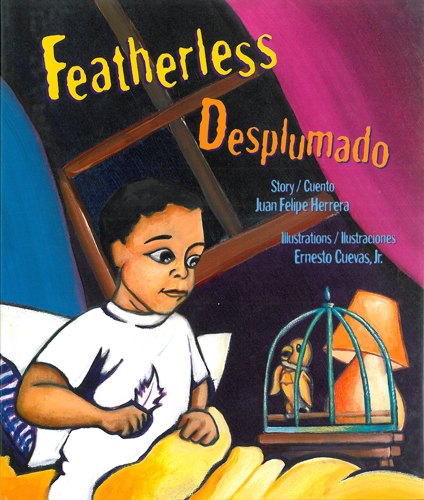
Bilingual English/Spanish. At his new school or on the soccer field, all everyone wants to know is why Tomasito is in a wheelchair. His Papi gives Tomasito a new pet to make him smile, but this bird is a little bit different from the rest. Juan Felipe Herrera scores again with this sparkling bilingual story of self-empowerment and friendship. Featherless won the 2005 Independent Publisher Book Award for Multicultural Fiction.







